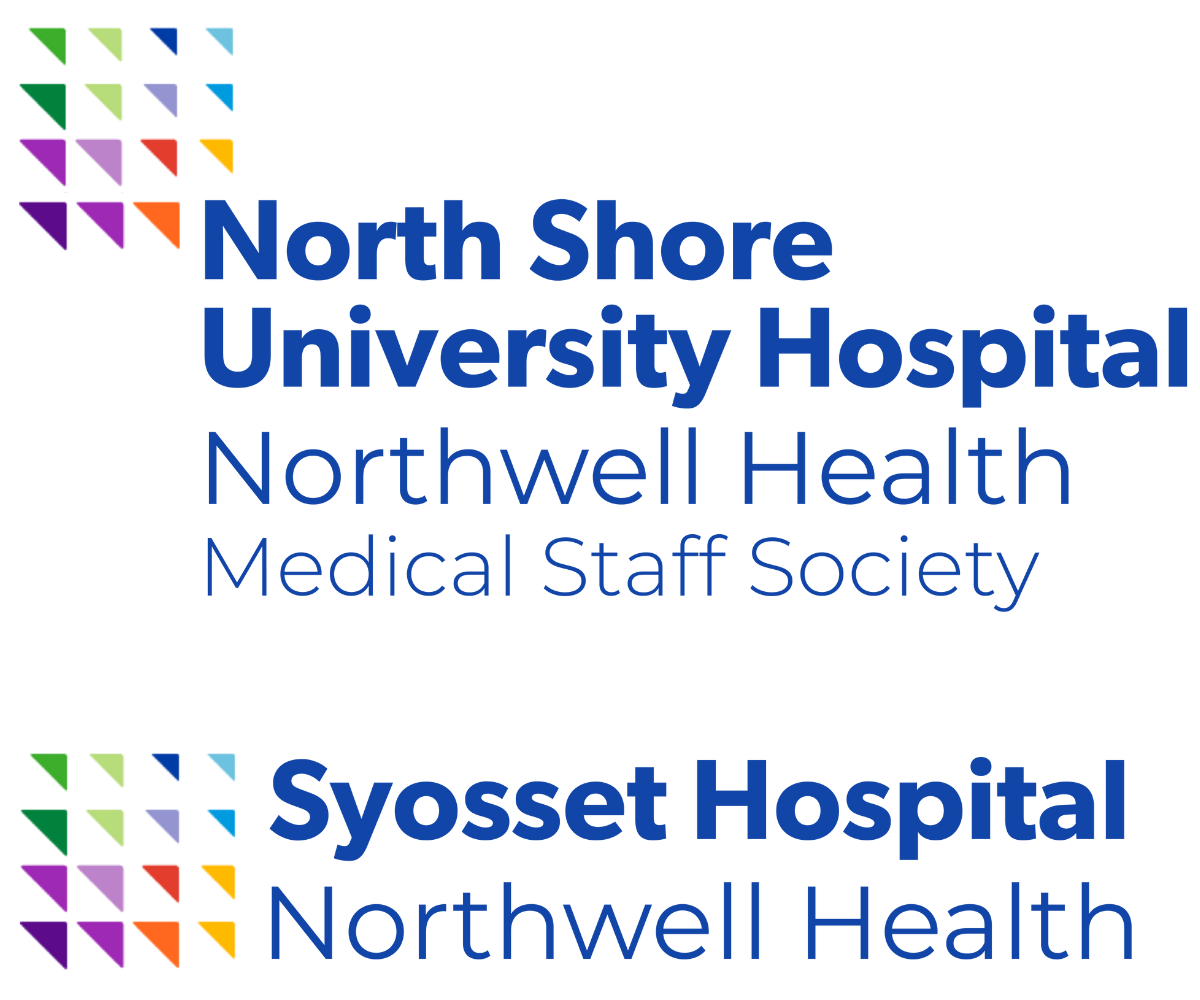Physician burnout has become a significant concern in today’s fast-paced medical environment, impacting doctors’ well-being and the quality of care patients receive. Northwell Health Medical Staff Society is committed to supporting our healthcare professionals with stress management strategies and preventing burnout. Here are some practical ways to mitigate burnout:

How To Avoid Physician Burnout
1. Prioritize Self-Care
Physicians often neglect their own needs to prioritize patient care, but taking time for self-care is crucial. Regular physical exercise, a healthy diet, and sufficient sleep can help maintain physical and mental well-being. Schedule time for activities that bring you joy, such as reading, spending time with family, or practicing a hobby.
2. Establish Healthy Work-Life Boundaries
Balancing work and personal life can be challenging for healthcare professionals. When possible, setting firm boundaries around work hours can make a significant difference. Use technology to manage schedules effectively and ensure you disconnect from work during your off-hours. Regular breaks during shifts and utilizing time off to fully recharge can also be beneficial.
3. Practice Mindfulness and Stress Management
Mindfulness and relaxation techniques, such as meditation, deep breathing exercises, and yoga, can help reduce stress and increase resilience. Even a few minutes of mindful breathing or a short walk during a hectic day can improve focus and reduce anxiety.
4. Understand the Impact of Burnout
Physician burnout is more than just feeling stressed or overworked. Burnout among physicians has been associated with lower patient satisfaction, reduced quality of care, increased medical errors, and higher physician turnover. These findings highlight the severe consequences of burnout for healthcare providers and the patients who rely on them for high-quality care.
5. Seek Support from Colleagues and Mental Health Resources
Building solid relationships with colleagues provides an essential support network. Sharing experiences and challenges can foster camaraderie and alleviate feelings of isolation. Northwell Health offers mental health resources, such as counseling and peer support programs, to help physicians cope with stress. Don’t hesitate to seek professional support when needed.
6. Streamline Administrative Work
Administrative tasks can be overwhelming and contribute to burnout. Consider these strategies to help reduce the administrative burden:
- Optimize Electronic Health Records (EHRs): Implement system improvements to simplify documentation.
- Delegate Non-Clinical Duties: Use support staff to handle paperwork when possible.
- Use Time Management Tools: Digital tools and apps can help manage tasks efficiently.
7. Focus on Purpose and Meaning
Reflecting on the purpose and impact of your work can help re-energize your passion for medicine. Remind yourself of the lives you have positively affected and celebrate small wins and patient successes. Participating in mentorship or teaching opportunities can also reignite your sense of purpose.
8. Engage in Professional Development
Continuous learning and skill development can boost job satisfaction and prevent feelings of stagnation. Attend workshops, medical conferences, and training sessions to stay inspired and connected with advancements in your field.
Northwell Health Medical Staff Society supports you in maintaining a healthy and balanced professional life. Remember, your well-being is just as important as the care you provide to others. Visit Northwell Health Medical Staff Society for more resources and information on preventing physician burnout. Prioritize your health so you can continue making a difference.

